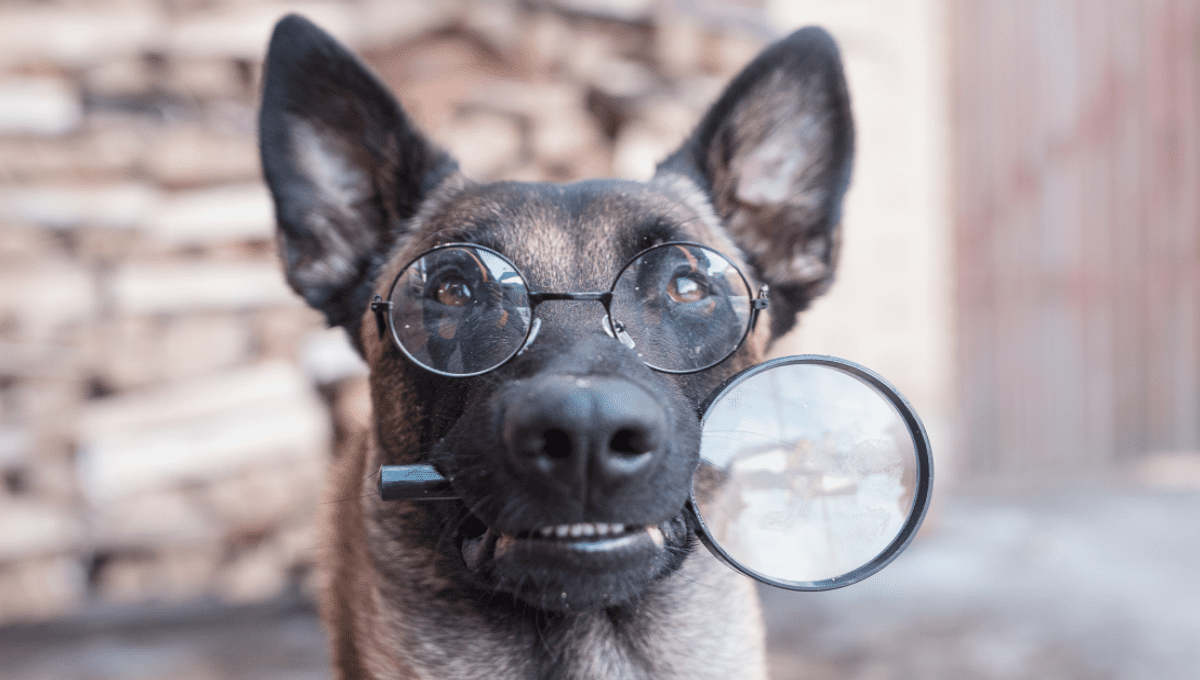
The clever clogs of dogs has been named in a new study that put pooches through a battery of tests to score points and ascertain who is the most cognitively capable of canine breeds. Second place went to border collies, dogs that have featured heavily in studies about intelligence – but first place was snagged by the Belgian Malinois.
Assessing intelligence is a tricky task as there are different kinds of intelligence, even within dogs. To try and represent a range of cognitive talents, the study put over 1,002 participating dogs through the smartDOG cognition test, which looks at a dog’s capacity for problem-solving ability and strategy, impulse control, ability to read human gestures, ability to copy human behavior, memory, and logical reasoning.
Doing so revealed breed differences in several test conditions.
“Most breeds had their own strengths and weaknesses,” study author Saara Junttila, a PhD researcher in canine cognition at the University of Helsinki, told The Telegraph. “For example, the Labrador Retriever was very good at reading human gestures, but not so good at spatial problem-solving ability. Some breeds, such as the Shetland Sheepdog, scored quite evenly in almost all tests.”
Among the participating dogs were border collies, which scored well in most of the tests. However, they were outperformed by 9 points by the Belgian Malinois, which scored 35 out of a possible 39 points during the smartDOG cognition tests.
If you’re unfamiliar with the breed, Belgian Malinois dogs are a popular choice for security work. It seems their affinity for sniffing out crime and identifying targets for searches may be linked to their exceptional problem-solving skills. It was the highest performer in test conditions that relied on dogs interpreting human gestures, and a V-detour task that tests their ability to problem solve as they navigate their environment.
However, while the overall winners, they weren’t without some weaknesses. Belgian Malinois sat alongside German Shepherds in scoring among the lowest for the cylinder test (featured above) in which dogs a taught to retrieve a treat from inside an opaque cylinder. This is then replaced with a see-through cylinder, and a successful test sees the dog continue going inside the cylinder to retrieve it rather than trying to go the direct route through the side.
The cylinder test challenges their inhibition, as dogs must resist the urge to go direct and use their spatial awareness to instead access the treat around the side. Being lousy here may link back to the Malinois’ role as a working dog, as security dogs require high responsiveness which is associated with low inhibitory control.
The researchers conclude that breed function can account for certain cognitive strengths, such as herding dogs and retrievers scoring highly in the human-directed behavior tasks. However, this couldn’t explain all breed differences as some dogs’ cognition scores sat outside what might be expected of them, such as the Finnish Lapphund that did poorly in the human-directed task despite being a herding dog.
They also outline certain caveats to the study, such as the fact that the dogs investigated are not representative of the entire dog population, but believe the research contributes towards a more complete picture of breed-typical behavior in dogs. Future research may well crown a different clever clogs of dogs, so enjoy it while it lasts, Belgian Malinois.
The study was published in Scientific Reports.
Source Link: Most Intelligent Dog Breed Identified, And It's Not Border Collies